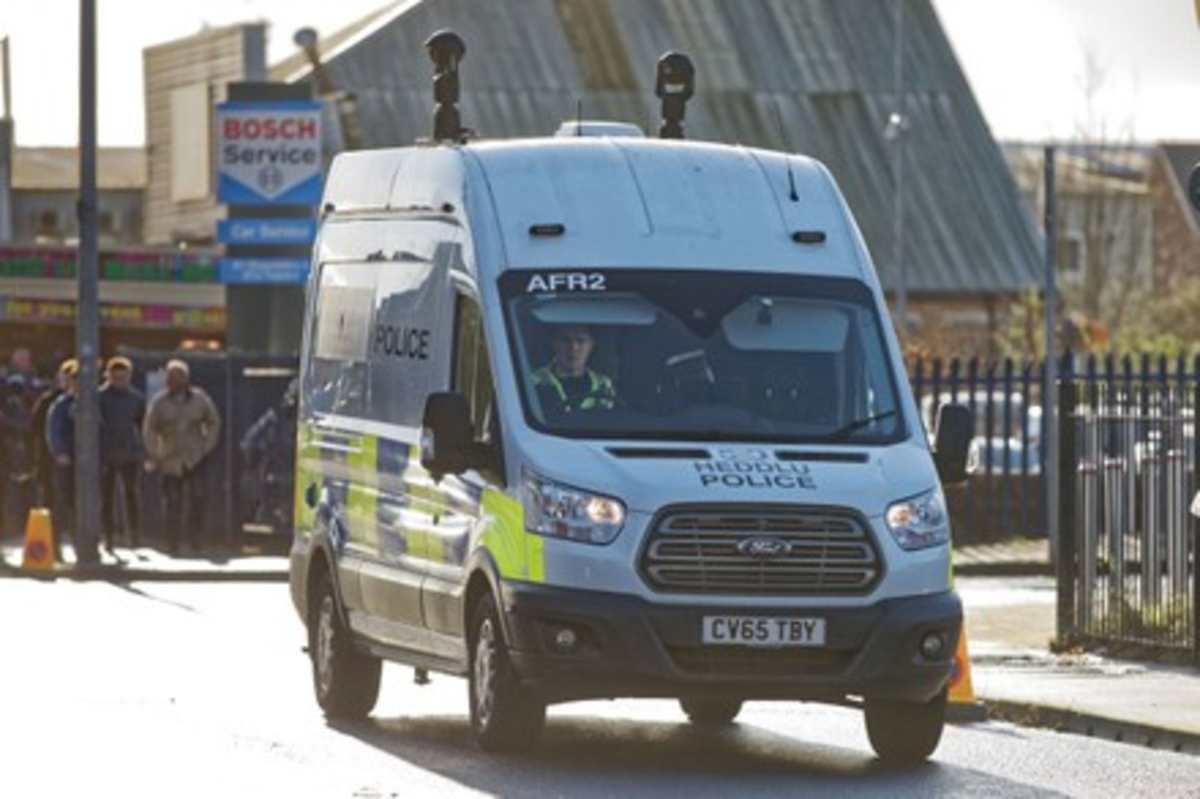The use of live facial recognition systems in the UK is rising, even as concerns persist regarding the lack of adequate safeguards for the technology.
The Telegraph reports that [1] approximately 51,000 faces were scanned in one day by LFR technology at London Underground stations in August. The Metropolitan Police have been increasing the implementation of LFR in these stations as part of their strategy to reduce crime. On August 13, the UK Home Office [2] revealed plans to deploy additional police vans equipped with the system, intending to extend its coverage to more public areas across England and Wales. Lindsey Chiswick, [3] the chairman of NPCC for facial recognition, said, “The police have a duty to prevent crime and keep the public safe. Live Facial Recognition supports effective policing, enabling officers to locate suspects quickly and accurately.The increased access to Live Facial Recognition vehicles to forces that previously did not have the capability is an excellent opportunity for policing. Each Live Facial Recognition deployment will be targeted, intelligence-led, within a set geographical location and for defined period of time, ensuring deployments are proportionate, lawful and necessary.”
Live feeds from faces scanned by surveillance cameras are processed in real-time with NEC biometric software to identify individuals on the police watchlist. The number of names on this wanted list has grown to over 16,000 in 2025, up from fewer than 7,000 in 2022. Correspondingly, the daily scans have risen from under 12,000 per day, according to the outlet. However the Equality and Human Rights Commission [4] expressed concerns regarding the Metropolitan Police's implementation of live facial recognition technology, stating that its current use may violate human rights law. The police [5] report that the live LFR system introduced in London has led to the arrest of more than 1,000 offenders and over 700 individuals already facing charges. A police spokesperson informed the Telegraph that some of the arrested individuals are wanted for serious crimes, including domestic abuse and rape. Officers indicate that the Metropolitan Police is relying on the LFR system to enhance efforts against criminal activity, noting that adequate safeguards have been established.
However, rights [6] advocates maintain their strong criticism of the move, Charlie Whelton [7] a policy and campaigns officer at Liberty has cautioned that the UK government must promptly develop legislation to regulate the technology and emphasized the necessity for robust safeguards around its use. “It’s incredibly concerning to see an expansion of facial recognition, especially at a time when there is a complete lack of regulation governing its use.” A judicial review concerning the use of the technology is set to take place amid ongoing debates. In August, The Equality and Human Rights Commission [8] received approval to participate in the proceedings, focusing on whether the implementation complies with human rights legislation.
Additionally, consultations are underway to establish a new regulatory framework for the system, which police assert is intended to enhance public safety in urban areas nationwide. John Kirkpatrick, [9] the Chief Executive of the Equality and Human Rights Commission, said, “Live facial recognition technology is a tool which, when used responsibly, can help to combat serious crime and keep people safe. But the data this technology processes is biometric data, which is deeply personal. The law is clear, everyone has the right to privacy, to freedom of expression and to freedom of assembly. These rights are vital for any democratic society."
